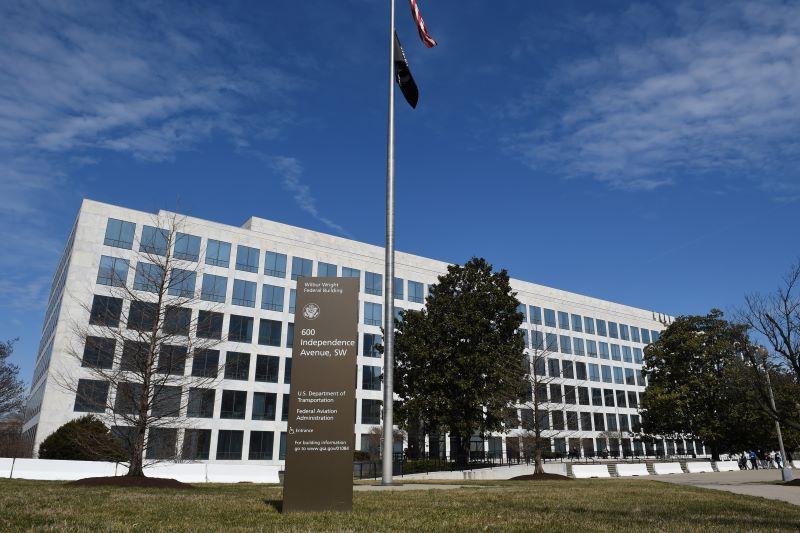
Credit: Eric Baradat / AFP / Getty Images
A portion of the requested boost in fiscal 2024 funding for FAA’s Aviation Safety (AVS) division targets mandates stemming from 2020’s aircraft certification reform legislation, but budget details released March 13 spotlight how far behind the agency is on routine tasks. The fiscal 2024 bill...
Subscription Required
This content requires a subscription to one of the Aviation Week Intelligence Network (AWIN) bundles.
Schedule a demo today to find out how you can access this content and similar content related to your area of the global aviation industry.
Already an AWIN subscriber? Login
Did you know? Aviation Week has won top honors multiple times in the Jesse H. Neal National Business Journalism Awards, the business-to-business media equivalent of the Pulitzer Prizes.


